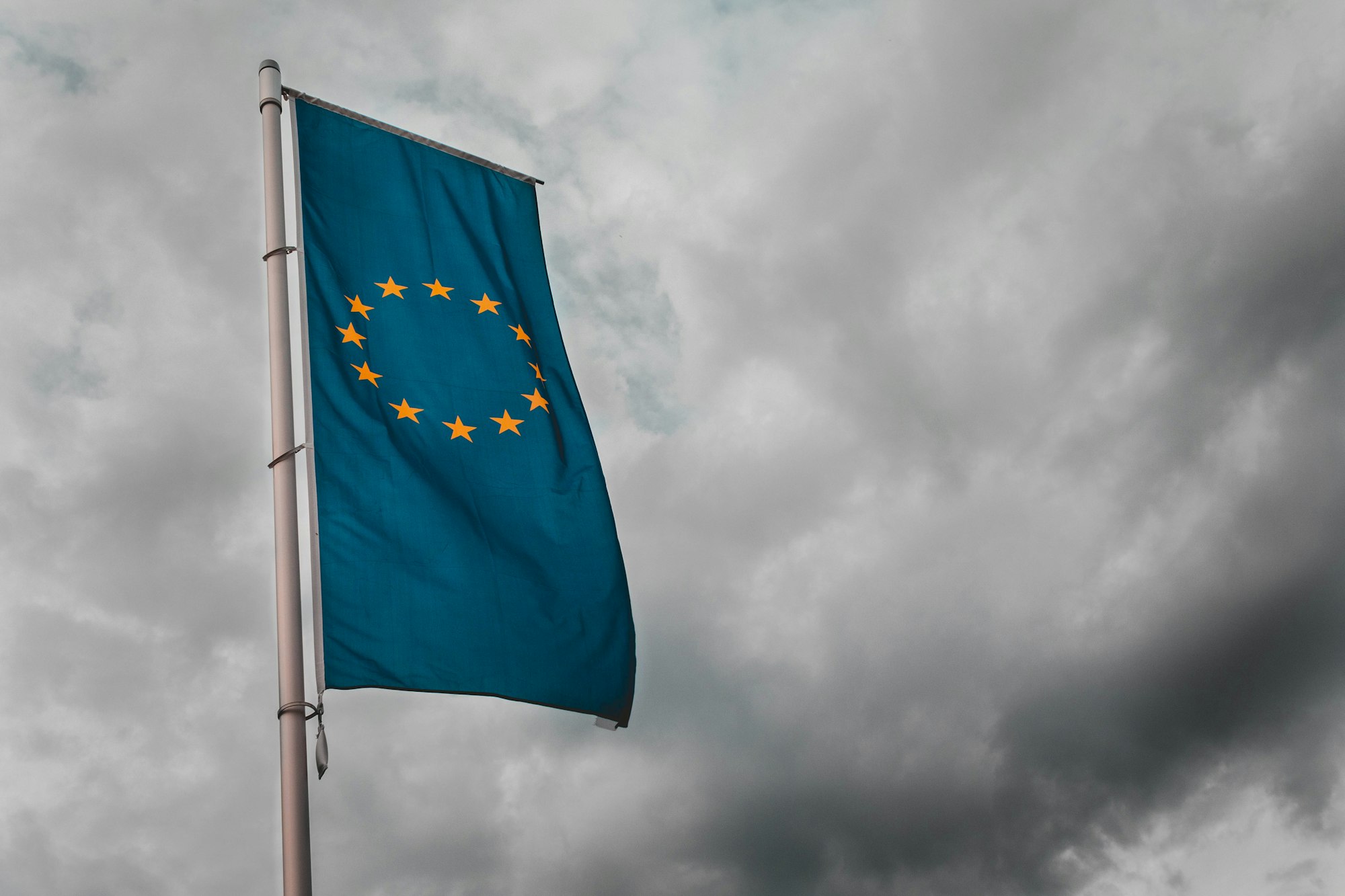What will change with EMIR 3.0 ?
EMIR 3.0: the upcoming overhaul of European Market Infrastructure Regulation. Our analysis spotlights its transformative effects on EU's financial landscape, hinting at impacts on market transparency and stability.

EMIR 3.0, also known as the European Market Infrastructure Regulation, is expected to introduce several changes to the current regulatory framework. One key change is the introduction of prescriptive measures that promote the relocation of clearing activities within the European Union [1]. This will require eligible financial and non-financial counterparties to have an active account with an EU-based Central Counterparty (CCP) [1]. Additionally, these accounts will be of quantitative nature, meaning they will involve specific ratios and/or thresholds [1]. Overall, EMIR 3.0 aims to strengthen the financial market infrastructure and enhance transparency, while also ensuring greater stability and reducing systemic risk within the European market [1][2].
Source
[1]

EMIR 3.0: Enhancements and Measures
The proposed EMIR 3.0 is a substantial development in European market regulation, aiming to bring about a significant shift in clearing activities within the EU, enhance EU clearing and Central Clearing Counterparties (CCPs) appeal, and modify existing regulations to retain the competitiveness of EU-based clearing.
Under EMIR 3.0, eligible financial and non-financial counterparties will be required to maintain an active account with an EU CCP. The parameters for these accounts, such as ratios or thresholds, will be handled by the
European Securities and Markets Authority (ESMA). Pillar 2 prudential requirements are also incorporated to limit excessive exposure to crucial segments of UK CCPs or other third-country CCPs.
Moreover, the framework offers incentives for increased liquidity and EU clearing attractiveness. Obligations for Clearing Members and clients include the provision of information about the opportunity to clear via EU CCPs, thereby ensuring enhanced transparency and predictability. Procedures for CCP authorisation and service extension have been simplified, and counterparty risk limits for centrally cleared derivatives for Undertakings for Collective Investment in Transferable Securities (UCITS) are removed.

Implications and Legislative Review of EMIR 3.0
Existing regulations are scheduled for reassessment under EMIR 3.0. The revised framework plans to replace the current equivalence system for intragroup transactions with a negative list of certain countries. Exemptions will be made available to transactions with pension scheme arrangements in a third country if a national clearing obligation exemption exists.
EMIR 3.0 also introduces bank and public guarantees as eligible collateral for margin requirements and grants the European Commission the power to waive the requirement for
a third country to have an EMIR equivalent regulatory framework. Nonetheless, these proposed changes may limit industry-driven initiatives and be seen as overly restrictive. Policymakers now face the challenge of creating regulations that simultaneously support EU financial stability, acknowledge the intricacy of financial markets, and safeguard EU competitiveness.
Some areas, such as a permanent exemption for equity options from margin requirements, thereby aligning with jurisdictions like the U.S., remain absent in the EMIR 3.0 proposal. Now, the discussions on EMIR 3.0 are moving to the European Parliament and Member States, with the legislative review expected to last between 12 to 18 months, offering market partecipants a crucial period for engagement and preparation.
Reduce your
compliance risks


